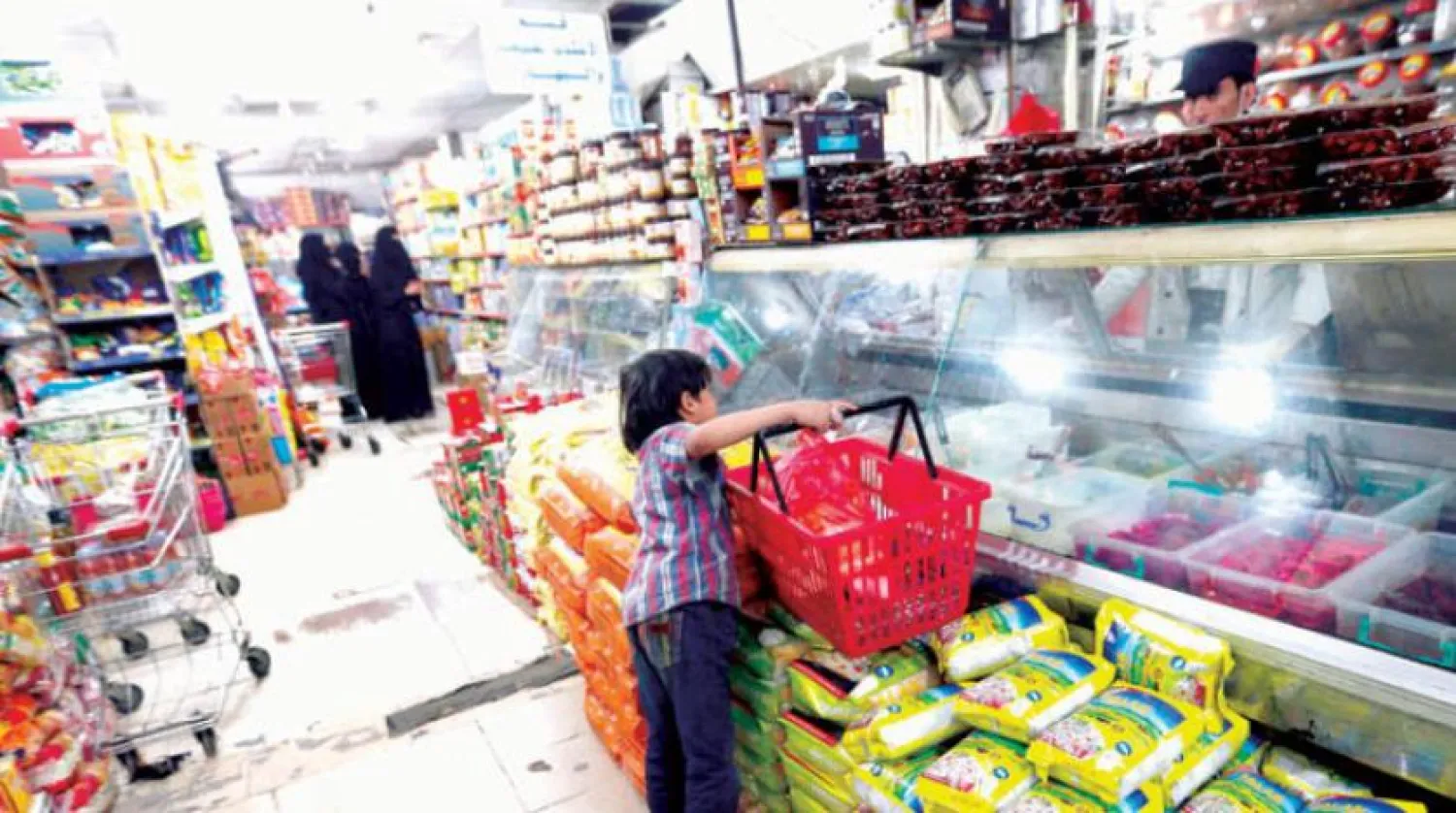Commodity prices in the Yemeni Houthi-run capital, Sanaa, have not shown signs of improvement when coupled with the currency recovery after the Saudi deposit, local traders and shoppers reported.
Touring the capital's shops and some of its markets reveals ample supplies yet without any customers.
More so, service shops seem to only exchange business with members of the Houthi-run coup exclusively.
Locals, speaking under the condition of anonymity, said they are living a dark era during the Houthi coup.
Residents described the Yemeni capital to be the Sanaa they have always known if you look past the coup-imposed visual distortion chanting a ‘Khomeini death curse’.
The markets are dark, the streets are full of loss, the curiosity of passers-by eyeing the buildings shows promise to save the city from militias.
"In this country, nothing goes back to the way it was," says Magdi, a young shop worker.
"Another dilemma we see here is that prices of commodities and food did not fall after the recent weekend increase due to the collapse of the national riyal, reaching a devastating 500 riyals against the dollar," said an exchange trader.
Throwing later on a cynical remark, saying that even if the price of the dollar reaches one Yemeni riyal, commodity prices will remain the same.
One of the wholesalers says that the rise of prices is due to “Houthi-installed policies and their market tampering—they impose royalties on most traders on every occasion, as well as doubling the tax rates and erratically-placed customs by the group on any city gate.”
“Transport costs are another disaster we face because of the high price of oil byproducts, which Houthis monopolized as their own black market, establishing private companies controlling fuel imports.”
The markets are filled with all products, commodities, vegetables, imported and local fruits, cosmetics and solar energy requirements, which for Yemenis replaced the main power current.
Everything that comes to mind, you can find in a corner of the store.
"There is no siege on Yemen except in the imagination of Houthi and their miserable speeches," says another local.
The price of the Yemeni riyal closed at 430 to 460 riyals per dollar on Saturday, meaning that it regained about 100 riyals of its value after the Saudi deposit—the exchange rate before plummeted as far as setting 530 Yemeni riyals against the dollar.
The "sudden decline" in the Yemeni rial on Wednesday, slowed down following the announcement of the Saudi deposit of two billion dollars. As soon as the announcement was made, price of the Yemeni currency rial jumped about 15 percent against the US dollar, several bankers told Asharq Al-Awsat.
Most of the exchange and money transfer companies in Sanaa resumed their business.









